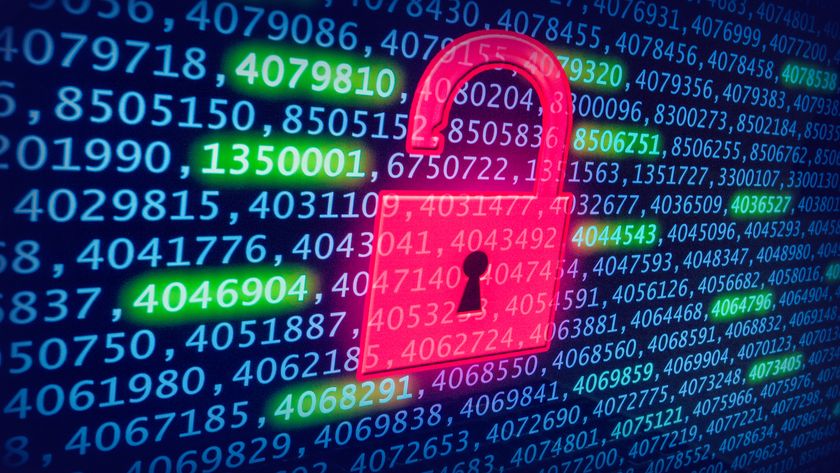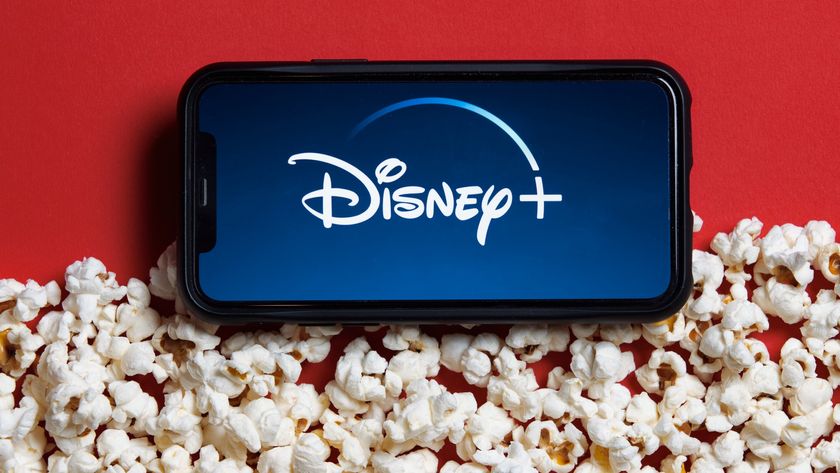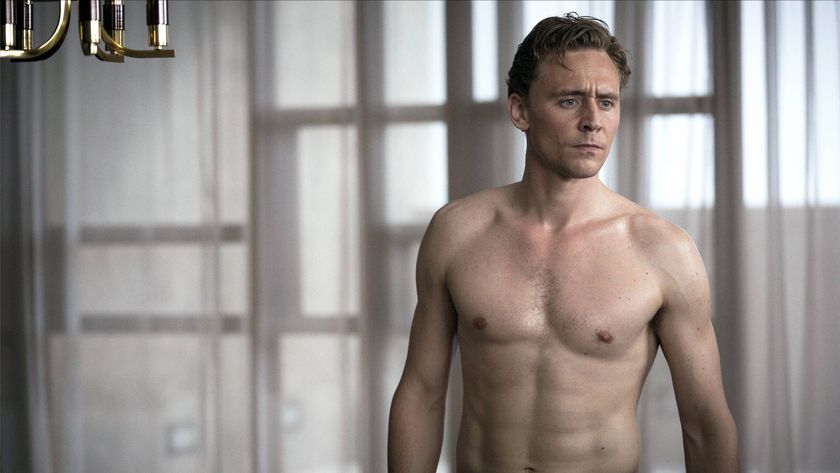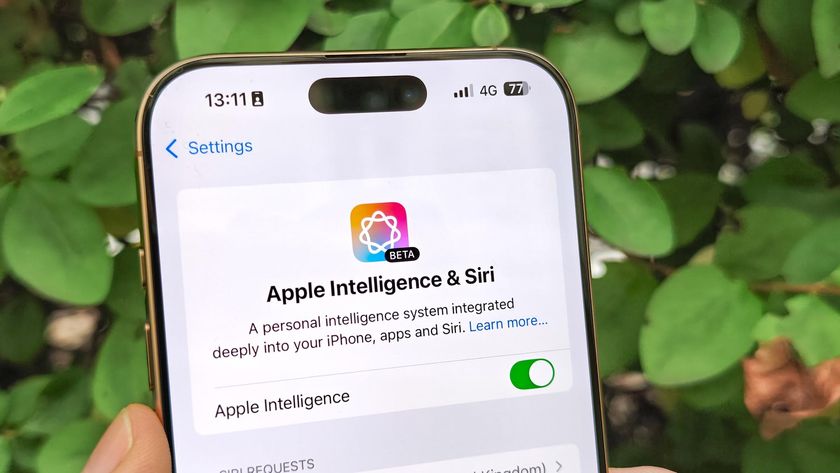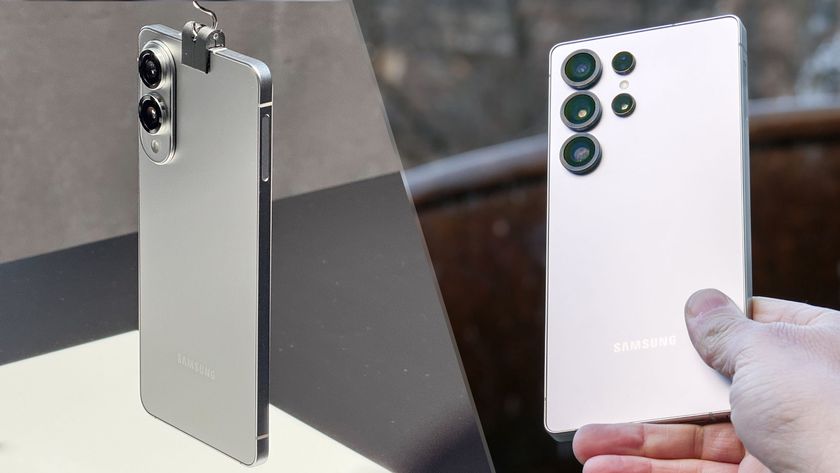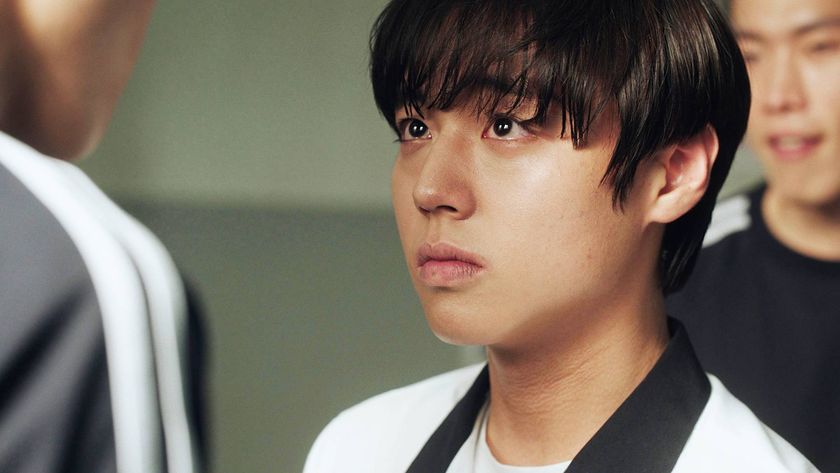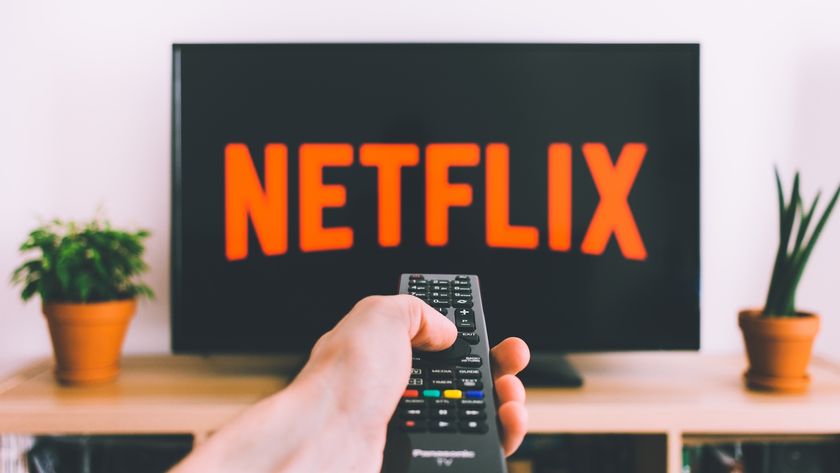Could War Be Declared Over Social Media? Experts Say Yes
The instant mass communications of social media will erase national boundaries and create new divisions, two experts say.
SAN FRANCISCO -- Social media will change global politics in ways we don't quite yet fully comprehend, two experts warned Wednesday (April 18) at the RSA Conference here.
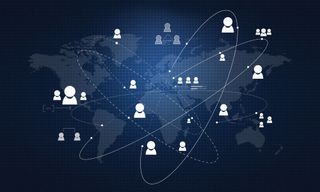
"Social media is drawing lines and borders we haven't seen before," said James Foster, CEO of security firm ZeroFOX. "The lines are drawn by networks, applications and frameworks" such as Facebook, WhatsApp, Sina Weibo, VKontakte and others, he added, in which users can contact only users of that particular service.
We've already seen how social media and smartphones made possible the 2011 Arab Spring and the 2014 Euromaidan Revolution in Ukraine, and how Russian intelligence services tried to influence American political opinion using social media during the 2016 presidential election.
But these examples are just a taste of what's to come, said Foster and his co-presenter, Kenneth Geers, a senior research scientist at the Comodo Group.
"Social media is bigger than email," Foster said. "If I want to reach people, social is great because it's interactive. We're just in the infancy of what this will look like five years from now."
"There's a tension between our online selves and our traditional selves," Geers said. "We still are living in nation-states, as established since 1648 by the Peace of Westphalia. Yet we're moving between the two modes -- online and offline."
It's not that social media is a new development. Geers argued that hand prints on cave walls were the equivalent of online postings, saying "I am here." But the speed of communication now makes possible rapid changes that leave political and legal institutions gasping to catch up.
Sign up to get the BEST of Tom's Guide direct to your inbox.
Get instant access to breaking news, the hottest reviews, great deals and helpful tips.
"The internet lets you fire a powerful weapon from a safe distance," said Geers, who lives and teaches in Ukraine. "I ask my students if they see any social-media influence campaigns on their own social media."
"Every hand goes up," he said. "And it's serious there -- there's really a war. The question is whether with regard to North Korea, the impact of social media could be nuclear war."
MORE: How to Stop Facebook from Sharing Your Data
One problem might be, however, that world leaders might not be able to communicate via social media because they'll be using competing platforms.
"In the next 10 years, you'll see different world leaders take different platforms," Foster said. "Trump likes Twitter, but Asian leaders might prefer one of the platforms over there," such as WeChat or Sina Weibo.
Geers pointed out that social media can reveal military and strategic secrets, such as when Russian soldiers posted selfies of themselves in Ukraine even though Moscow denied it had any troops in the country. But Foster warned that the era in which we can still trust photos or video clips as evidence is drawing to a close, as advancing technology lets anyone create increasingly convincing fake images.
"Soon, social engineering will look more real than fake," Foster said. "Fake news won't be a thing in two years, because it will just look like more information."
The real question, he wondered, is whether momentous national decisions can be transmitted by social media. The current U.S. president seems to be making policy on Twitter, so one wonders about the logical next step.
"Could war be declared on social media?" Foster asked. "Of course it can."
Paul Wagenseil is a senior editor at Tom's Guide focused on security and privacy. He has also been a dishwasher, fry cook, long-haul driver, code monkey and video editor. He's been rooting around in the information-security space for more than 15 years at FoxNews.com, SecurityNewsDaily, TechNewsDaily and Tom's Guide, has presented talks at the ShmooCon, DerbyCon and BSides Las Vegas hacker conferences, shown up in random TV news spots and even moderated a panel discussion at the CEDIA home-technology conference. You can follow his rants on Twitter at @snd_wagenseil.


